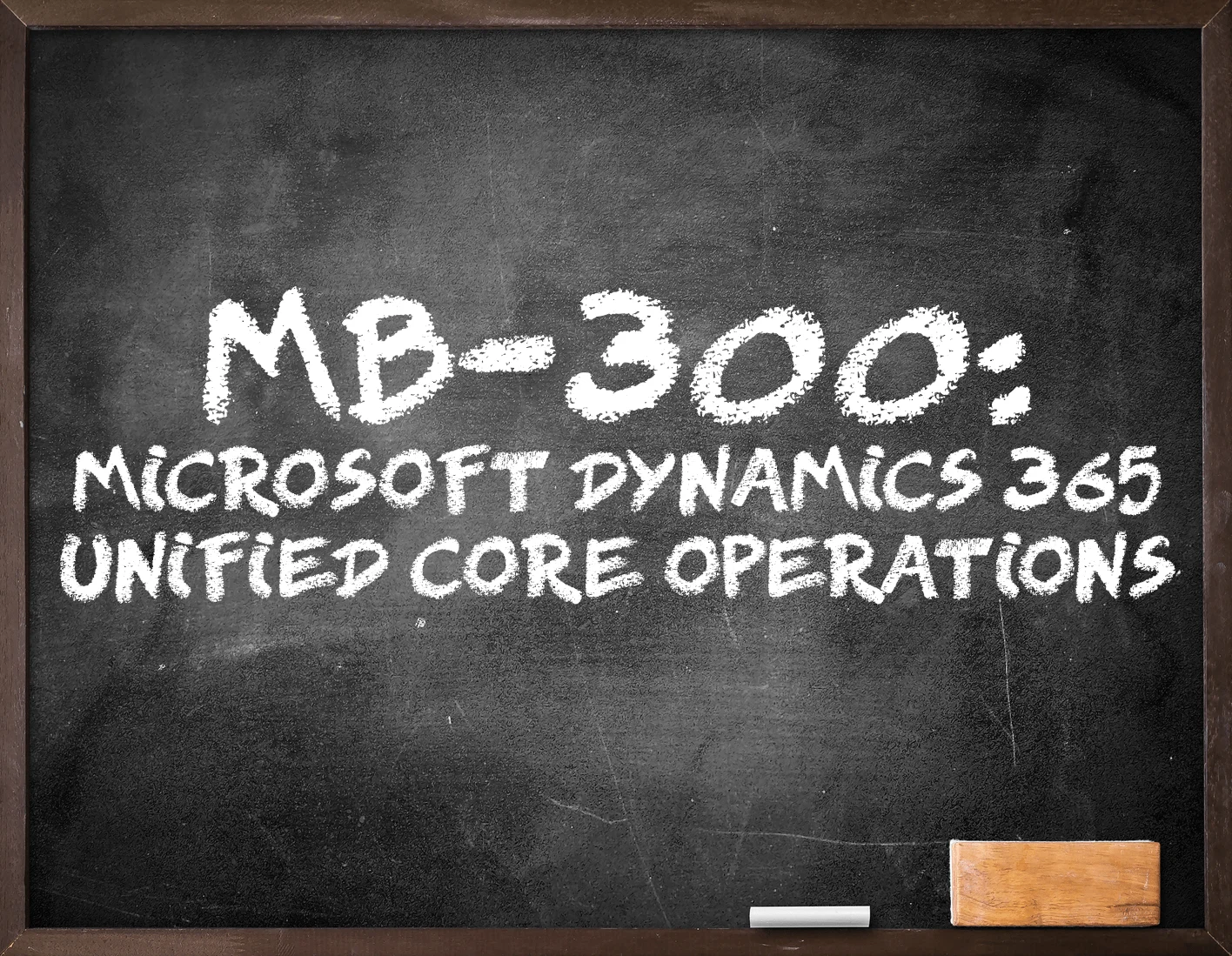
Overview
A cloud-based software programme for medium-sized and large businesses is called Microsoft Dynamics 365 for Finance and Operations. This business management tool enables organizations to more effectively, efficiently, and dependably automate and manage their operational, financial, and customer relationship operations. Users will receive a thorough introduction to this potent software solution from the course. From fundamental accounting concepts to sophisticated reporting, it will cover the essential features and functionality of Dynamics 365 for Finance and Operations.
Dynamics 365 for Finance and Operations’ many modules, such as General Ledger, Accounts Payable and Receivable, Configuration and Setup, Finance, Cash Flow, Inventory Management, and Customer Relationship Management, will be covered in this course. Also, it will give a thorough overview of the software platform, instructions for setting up the system, and best practices guidance. It will examine how businesses may combine Dynamics 365 with other widely used programmes, including Microsoft Office and QuickBooks.
Users will have a thorough understanding of managing business processes in Dynamics 365 for Finance and Operations by the end of the course, and they will be better equipped to decide on budgets, resource management, and workflow in their organization.
Prerequisites
- Accounting, financial reporting, and financial management basics.
- Basic comprehension of the roles played by enterprise resource planning (ERP) technologies.
- Knowledge in database administration and data integration techniques.
- Knowledge on how to use the Dynamics 365 Business Central and Microsoft Dynamics 365 software systems.
- Working understanding of basic accounting and finance procedures include budgeting, forecasting, cash management, and the creation of financial statements.
Target Audience
- Those that seek to improve their utilization of the Dynamics 365 platform are business professionals
- Perfect for people who have a good grasp of corporate operations and processes as well as a basic comprehension of Dynamics 365
Training outcome
- Recognize the Dynamics 365 application and architecture in several sectors.
- Recognize and set up the fundamentals of Dynamics 365, such as the General Ledger, functional areas, and legal entities.
- Dynamics 365 transactions can be created, viewed, and modified.
- Make and keep financial records and statements.
- Use and upkeep tables for currencies, exchange rates, and immovable assets.
- Use Dynamics 365’s automation and security features.
- Organize and design data migration plans.
- Use Dynamics 365 best practices.
- Analyze and keep track of financial performance.
- Determine opportunities for process and cost reduction.
FAQs
Will this training enable me to find a better position with a competitive salary?
ERP and CEM administrators, developers, and consultants who possess the ability to use Microsoft Dynamics 365 for modernizing business processes hold higher positions in organizations and see greater growth.
What is a CRM used for?
CRM is a system that manages operations and duties, including gathering customer information in a centralized database. CRM’s primary duties include:
- Providing consumers with transparency: Keeping an eye on tasks
- automating procedures that serve customers
- promoting departmental cooperation
- In charge of email campaigns
- estimating sales
- distributing information and files among team members
What constitutes a CRM’s primary elements?
A CRM system is composed of three key parts:
Campaign administration, collaborative tools, lead reporting, landing sites and forms, and email marketing automation are all included in marketing automation software.
CRM systems like Salesforce Automation have a grasp of client history, which boosts sales efficiency. Teams can estimate contract extensions and sales of product upgrades because of it. A CRM system also enables managers or representatives to establish ownership and accept responsibility.
Customer Services: A CRM system provides customers with the tools and technologies they need to manage cases more effectively, share knowledge, handle escalations, and handle their accounts. This contributes to cost-cutting without compromising service quality.
Student Ratings & Reviews




